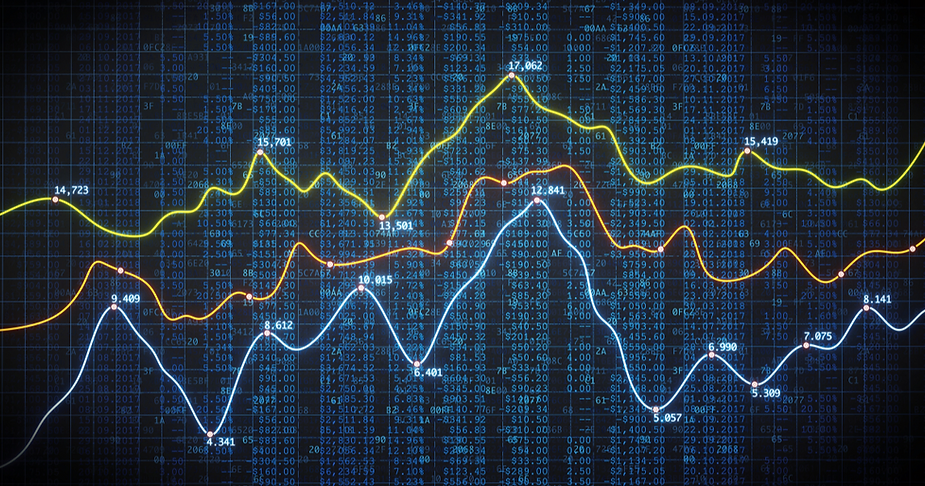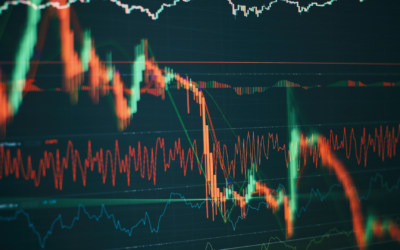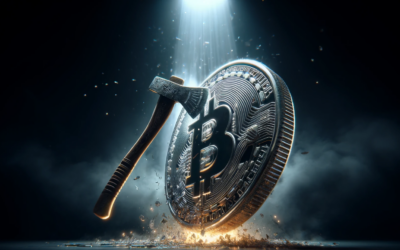Decentralized finance, often referred to as “DeFi,” is a financial system that is based on blockchain technology and operates without the need for a central authority. In other words, it is a way of conducting financial transactions and creating financial products that is decentralized and not controlled by any single entity.
One of the key features of DeFi is the use of smart contracts, which are self-executing contracts with the terms of the agreement between buyer and seller being directly written into lines of code. This allows for automatic and transparent execution of the contract, without the need for intermediaries like banks or other financial institutions.
Some of the advantages of DeFi include increased transparency, reduced barriers to entry, and the potential for increased access to financial services for individuals and businesses. However, it is still a relatively new and developing area, and there are also risks and challenges associated with it.
Some examples of DeFi include decentralized exchanges (DEXs), which are online platforms that allow users to trade cryptocurrencies and other assets directly with each other, without the need for a central authority.
Another example is stablecoins, which are cryptocurrencies that are pegged to the value of a real-world asset, such as the US dollar, in order to reduce volatility.
Another example is decentralized lending and borrowing platforms, which allow users to lend and borrow cryptocurrencies and other assets directly with each other, using smart contracts to automate the process.
Other examples of DeFi include decentralized insurance platforms, decentralized prediction markets, and decentralized governance systems.
Now let’s get back to those risks. Some include the potential for security breaches and hacks, as well as the potential for liquidity issues and price volatility.
Because DeFi is based on blockchain technology, it is important for users to carefully evaluate the security measures in place to protect their assets and personal information. Additionally, because DeFi operates outside of the traditional financial system, there may be less regulatory oversight and protection for users, which could increase the risk of fraud or other illicit activities.
Additionally, because DeFi is a relatively new and rapidly evolving, there may be a lack of understanding and expertise among users, which could lead to mistakes or misunderstandings that could result in financial losses. It is important for users to carefully research and evaluate the risks before participating in any DeFi projects.

Now without naming names, Let’s talk about bad actors in the context of (DeFi). A bad actor is someone who tries to take advantage of the system for their own gain, often at the expense of other users. This can take many forms, such as hacking into a DeFi platform, exploiting vulnerabilities in the code, or using insider information to make profitable trades. Bad actors can also refer to individuals or organizations who engage in illegal or unethical behavior, such as money laundering or market manipulation.
So Before investing in DeFi, it is important to carefully research and evaluate the risks and potential rewards. Here are a few things to consider:
- Understand the basics of blockchain technology and how it relates to DeFi. This will help you understand the underlying principles and concepts, as well as the potential advantages and disadvantages of DeFi.
- Research the specific DeFi project you are interested in. This should include reading the project’s white paper, reviewing the team and their experience, and evaluating the project’s business model and potential for success.
- Understand the risks associated with DeFi, including the potential for security breaches and hacks, liquidity issues, and regulatory uncertainty.
- Consider the potential rewards of investing in DeFi, including the potential for innovation and disruption in the financial industry, as well as the potential for profit.
- Diversify your investments and only invest what you can afford to lose. DeFi is a high-risk, high-reward area, and it is important to manage your risk carefully.
Overall, it is important to do your due diligence and carefully research and evaluate any DeFi investments before committing any funds.
Related Post
Everything You Need to Know About Support and Resistance in Crypto Markets
Are you new to the world of cryptocurrency trading? Or perhaps you’ve been around the block but still find the concepts of...
The Bitcoin Halving 2024: What You Need to Know
The highly anticipated Bitcoin halving event is just around the corner, and the cryptocurrency world is buzzing with excitement....
The Crypto Market in 2024: A Resurgence on the Horizon
The cryptocurrency market, often referred to as the crypto market, has experienced a remarkable turnaround in 2024. After a...



